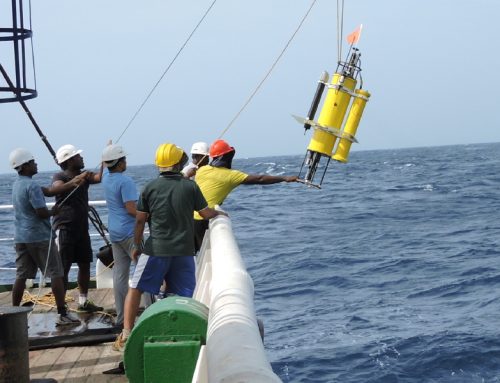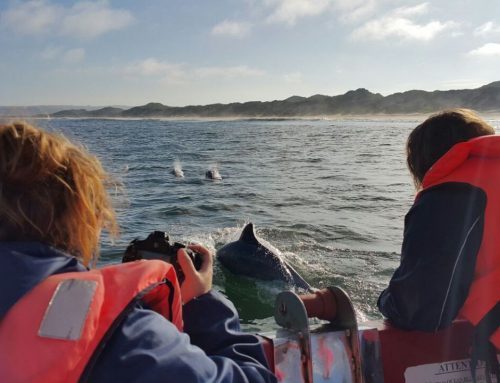 Do not drink and try to say ‘Environmental Sustainability’. It is a mouthful at the best of times, but when in a state of inebriation, it is sure to land you in a tsunami of consonants and vowels.
Do not drink and try to say ‘Environmental Sustainability’. It is a mouthful at the best of times, but when in a state of inebriation, it is sure to land you in a tsunami of consonants and vowels.
Take it from me, all talk about environmental sustainability must be done in the cold and sober light of day, in the presence of a) those who will stand in awe of your ability to roll out so many syllables, or b) those who will immediately recognise you as a fellow of the deep green siblinghood.
Either way, you cannot lose. Either way, you can gain enormous kudos without really knowing what environmental sustainability means.
Group a) is a cinch in this regard. Most of them have heard the term before simply because environmental sustainability, along with climate change and global warming, is often mentioned in the media these days.
Hearing the term oft repeated is one thing; understanding what it means is another. Test me on this one. Ask a couple of people what environmental sustainability actually means and they will look at you like you have just asked them to sing the Mexican national anthem in front of a large crowd. These folk unquestionably slot into Group a).
“Nothing is as quintessential to our survival today as environmental sustainability,” you announce with the pride of one who has just performed a word-perfect rendition of the Mexican national anthem in front of a large crowd. At which point you add: “What do you think?” In response, those less in the know will squirm and engage in a series of gaping mouth movements.
Always remember to toss in a term like ‘quintessential’ to help hammer home your cause: your cause being to roll out ‘environmental sustainability’ with the confidence of Ban Ki-moon, without having to explain a jot.
Ban Ki-moon knows what environmental sustainability means because he was at Cancún or COP16 – the 2010 Climate Change Conference in Mexico, in case you’re in the dark.
This is where we encounter Group b) in our bluffers guide: that enlightened inner circle that regards talk about the global response to climate change as social conversation.
In the company of Group b), all you need to say is “At Cancún” and the room will hush. It is important to say ‘At Cancún’ with a knowing air because it suggests your participation in this most recent uber conference: the 16th United Nations Climate Change Conference to be precise.
“He or she was at Cancún!” everyone will be thinking and, in so thinking, they will automatically presume you are an authority on environmental sustainability.
Never mind that the reason you went to Cancún was to enjoy the rand-friendly beachfront hotels and resorts.
But what if you are talking to someone who really was at Cancún or who really does know what environmental sustainability means, you might well ask.
Fear not. The same approach applies. Mention Cancún with the same familiarity as they do, and before they start discussing the real issues, interject with:
“It was gratifying to walk on the beautiful beaches with Connie Hedegaard and talk about how Ban Ki-moon was so on the money when he said: ‘Nature will not wait while we negotiate’.”
Even the most informed will be impressed that you consort with Connie Hedegaard, European Commissioner for Climate Action.
Should they persist in trying to engage you in any further discussion about environmental sustainability, simply launch into the following oration:
“Ours is the era of climate realpolitik, an era in which climate talks must move beyond political rhetoric if our planet is to survive. Our biggest challenge now is to transform rhetoric into a legally binding agreement. We were disappointed with Copenhagen or COP15 and only marginally less disappointed with Cancún because it too failed to launch a new treaty negotiation. But we are not done yet because COP 17 in Durban awaits us this year and it is up to the rainbow nation to come up with the goods.”
Then protrude your neck and, with a global gaze, whisper “A lot of countries will have to do a whole lot more. What do you think?”
DEFINITION OF ENVIRONMENTAL SUSTAINABILITY (just so you know):
Redesigning the way in which society’s needs and wants are met so that they can be accommodated within the long-term carrying capacity of the natural environment.
An unsustainable situation occurs when natural capital (the sum total of nature’s resources) is used up faster than it can be replenished. Neglect of environmental sustainability leads to environmental degradation. Ultimately this will compromise the Earth’s ability to sustain human life. Such degradation on a global scale could imply extinction for humanity.




